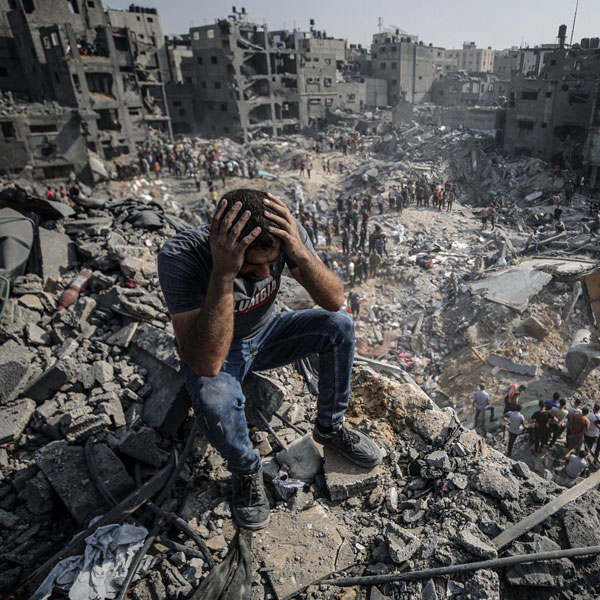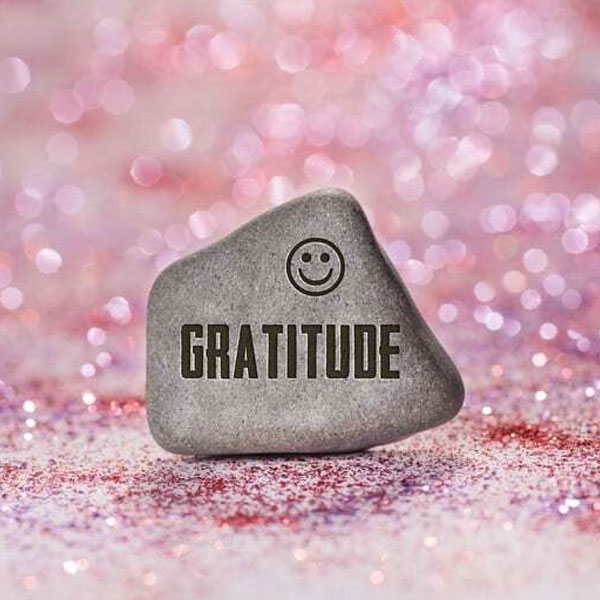
Witnesses to Genocide
Some events that occurred on specific dates are so embedded into the collective consciousness of the American people that each calendar year, we recall how our individual and national consciousness was impacted. Usually, such occurrences take place on American soil, like the 911 bombing of the World Trade Center’s twin towers or the January 6th insurrection attempt to block the certification of the winner of the 2020 Presidential election. But, on October 7, 2023, Hamas, The Islamic Resistance Movement in Occupied Palestine, launched coordinated operations on a music festival attended by hundreds of youths and on multiple Israeli kibbutz. These actions resulted in around 251 Israelis being taken as hostages. Western media reports of mass rapes of Israeli women and the beheading of infants were later proved to lack evidence, truth, or credibility. Shortly after the hostages were taken, Israeli Prime Minister Benjamin Netanyahu set into motion one of the most brutal genocidal assaults against non-combatants, primarily women and children, ever witnessed in the 21st century. Hundreds of thousands of Israelis were protesting in the streets for the ouster of Netanyahu on charges of corruption before the Hamas attack. The political calculus of his situation was to ignite a long-term military conflict in the region to stave off being unseated as Prime Minister and going to jail. The response of the United States to the Israeli bombing of Palestinian homes, schools, and hospitals and the destruction of the entire infrastructure of the Gaza Strip was to replenish their stockpile of 2,000-pound bunker-busting bombs, rockets, and other weapons of war against a defenseless civilian population disproportionately comprised of women and children. To date, at least 175 courageous Palestinian journalists have been illegally targeted and killed while daring to report and film the unprecedented orgy of slaughter against an innocent Palestinian population. The United States has a complicated relationship with the state of Israel that goes far beyond that of merely being an ally. Israel has served as a cat’s paw for American and European interests, particularly oil and other resources found in the region. However, some European and Asian allies of the United States are confounded by its seemingly uncritical support of the present and past governments of Israel’s crimes against humanity committed against the Muslim population of Palestine and the region. A critical understanding of the essential elements that have seemingly inextricably bound the fate of the United States to the Zionist state of Israel is in order. In the book, Israel, America’s Key to Survival, by Mike Evan’s, the author writes, “Only one nation, Israel, stands between terrorist aggression and the complete decline of the United States as a democratic world power…If Israel fails, the United States can no longer remain a democracy…Arab money is being used to control and influence major U.S. Corporations, making it economically more and more difficult for the United States to stand against world terrorism.” In addition to being a questionable, if not outright false, assertion, the statement ignores the actual power dynamics of the two states in which the destructive military capacity of the United States coupled with its financial strength compared to other nations act as significant deterrents for other nations to attack Israel physically. Also, the US’s absolute support of Israel in world bodies like the United Nations militates against any attempt to sanction Israel. The book’s premise is a classic case of the tail wagging the dog. The phrase “the tail wagging the dog” describes a situation where a more minor or less significant part of something controls or influences the whole inappropriately or unexpectedly. The powerful lobby for Israel AIPAC, the American Israel Public Affairs Committee, has additionally enhanced Israel’s status in the United States. AIPAC speaks and raises money on behalf of a coalition of pro-Israel American Jewish groups. Factually speaking, few US Senators and Congresspeople do not receive donations from AIPAC. In exchange for AIPAC’s donations, the expectation is for the recipients to vote in favor or against legislation as instructed by AIPAC. However, donations from lobbyists are not the sole contributing factor to Israel’s outsized influence over America’s domestic and foreign policy. The ever-growing presence of Christian Zionists across the United States has an out-sized impact on why Americans accept the extreme political and military behavior of the Zionist State of Israel against the Arab, mainly Muslim, countries and within Occupied Palestine, and on the African continent. According to a Pew Research 2023 study, 63 percent of Americans identify as Christians, the largest denomination being Catholics, followed by Evangelical Protestantism. Evangelical Protestants are among the fastest-growing Christian denominations in the United States today. Christian Zionism is a belief among some Christians that the return of the Jewish people to the Holy Land, modern-day Israel, and the establishment of the State of Israel in 1948 are following Biblical prophecy. This movement supports the political and religious alliance between Christians and Jews, particularly in favor of the modern state of Israel. Christian Zionists advocate for policies that unilaterally favor Israel’s security and sovereignty at all costs, often influencing political decisions in the United States. The current President of the United States has emphatically stated that he is a self-avowed Christian Zionist. Maybe this helps us to understand why he is facilitating genocide while professing to be a faithful Christian. Since the establishment of the secular Zionist state of Israel, Biden and American Presidents before him have assisted the Israeli devastation of Palestinian Muslim populations and forced removal from their homes. Like Biden, Christian American Presidents, as one of the first overseas acts of their Presidency, have put a yamaka on their heads and bowed their heads at the Wailing Wall in Occupied Jerusalem. The carnage that we have seen in Occupied Palestine since October 7, 2023 could not have happened without the tacit support of Christian Zionists in the US. As witnesses to a horrific, indisputable genocide being brought to us by social media, selective mainstream accounts, and brave Palestinian journalists, we must do our part to influence an authentic narrative










